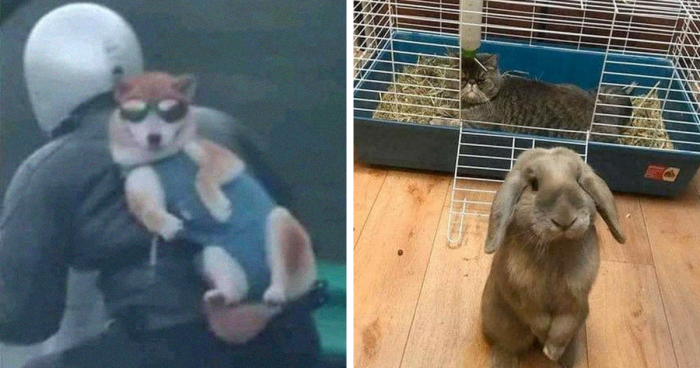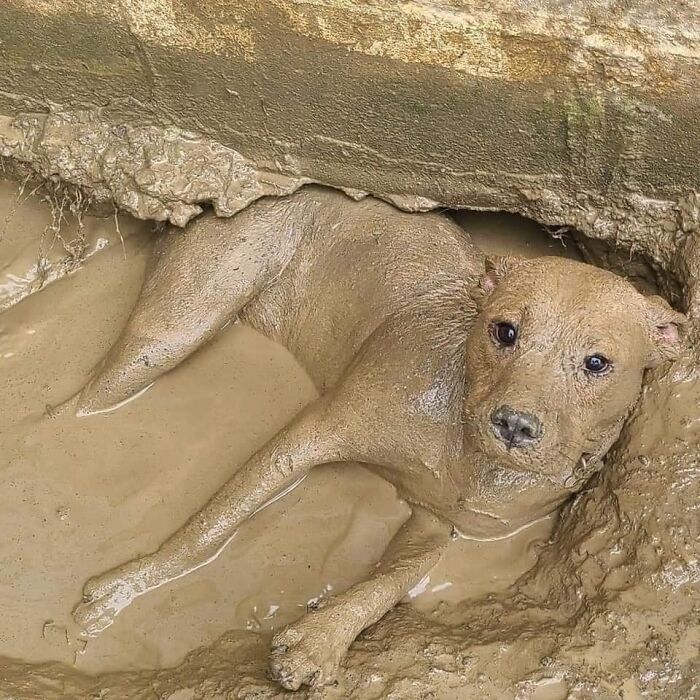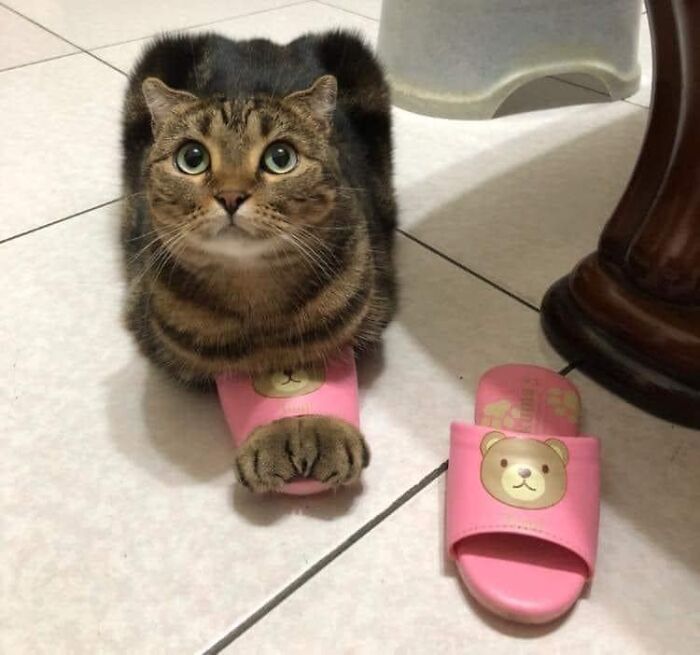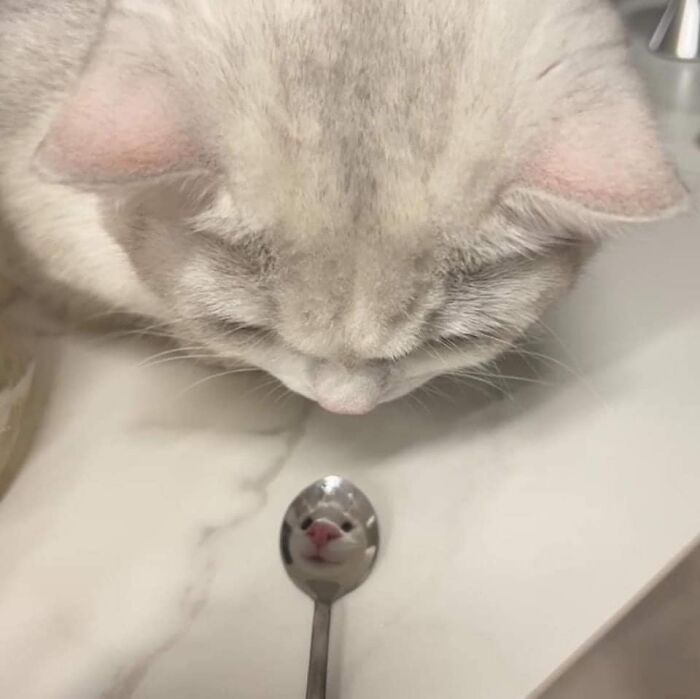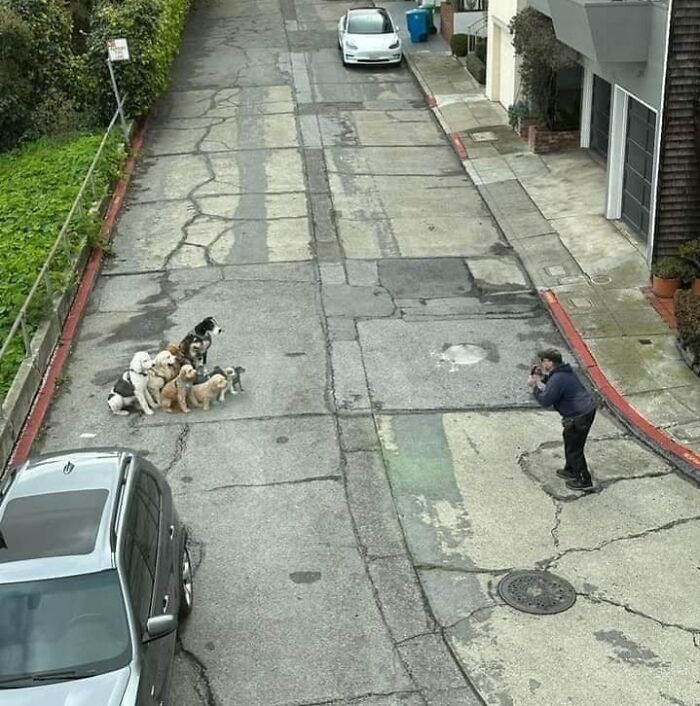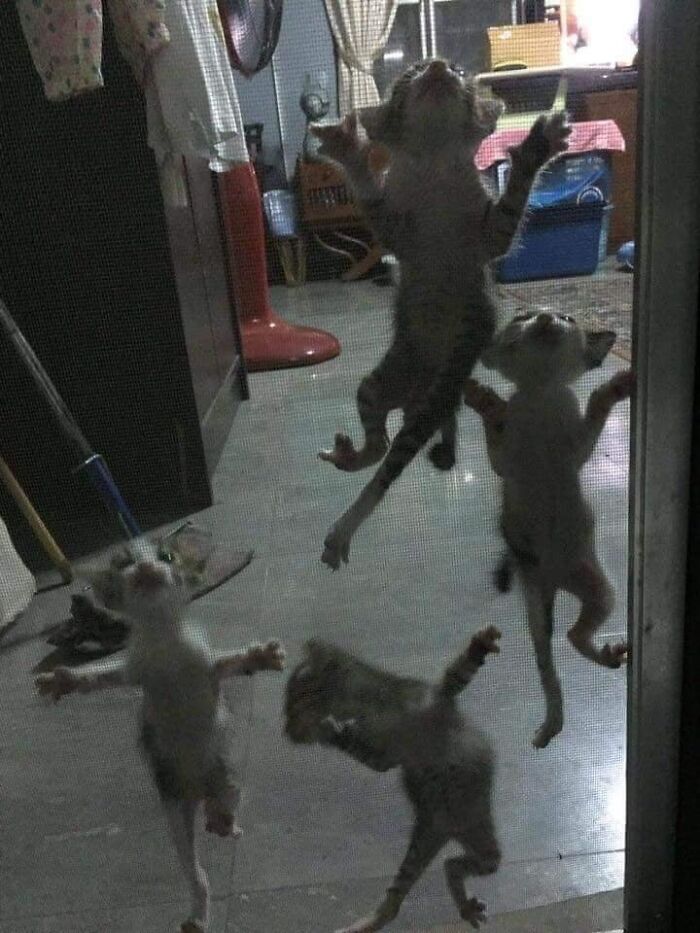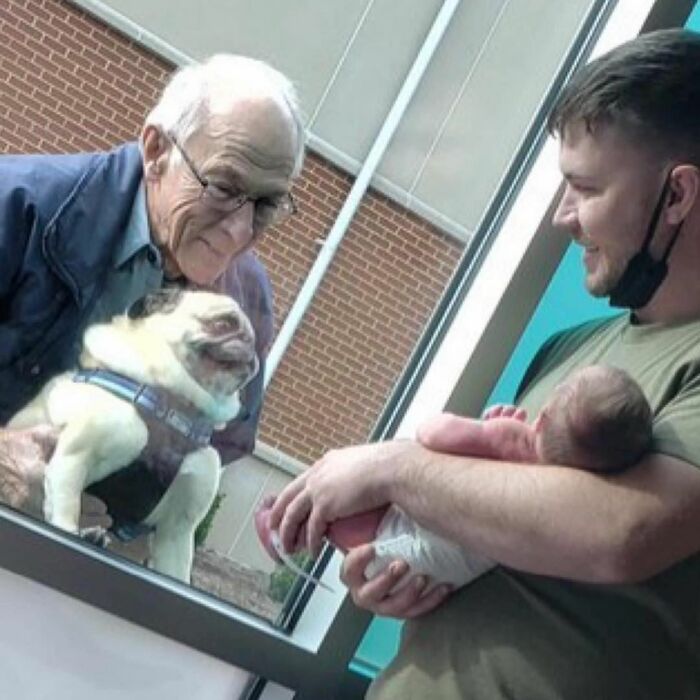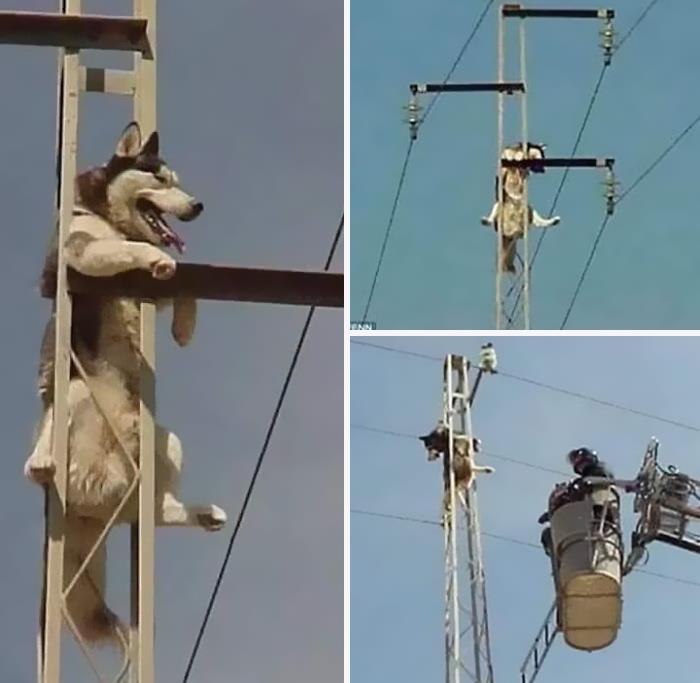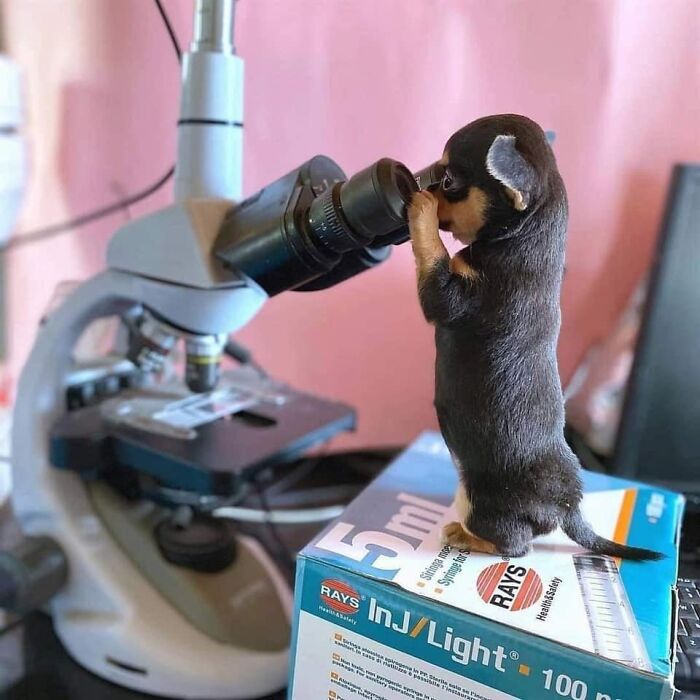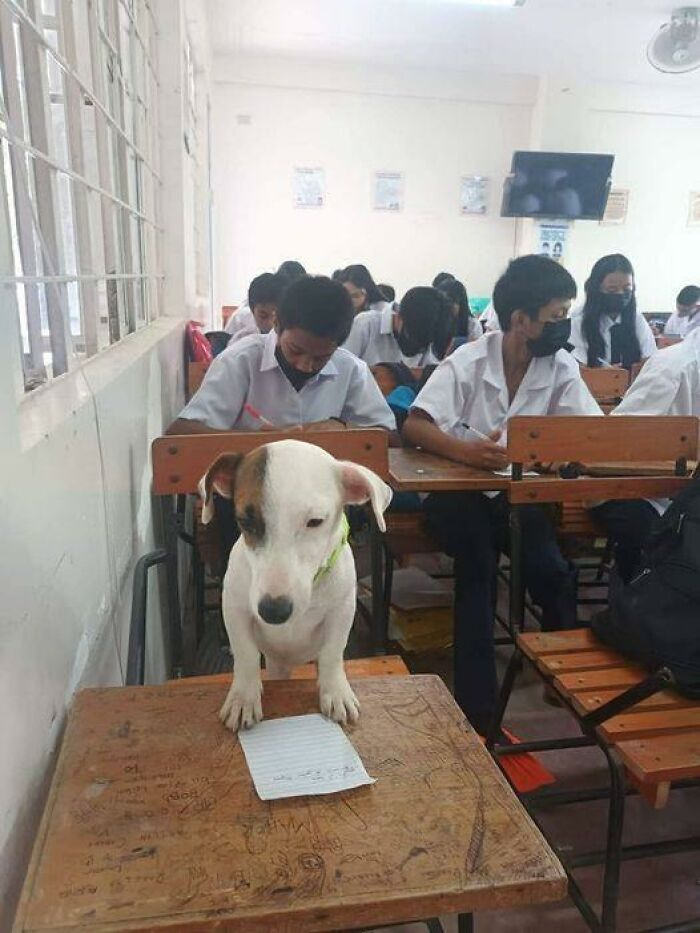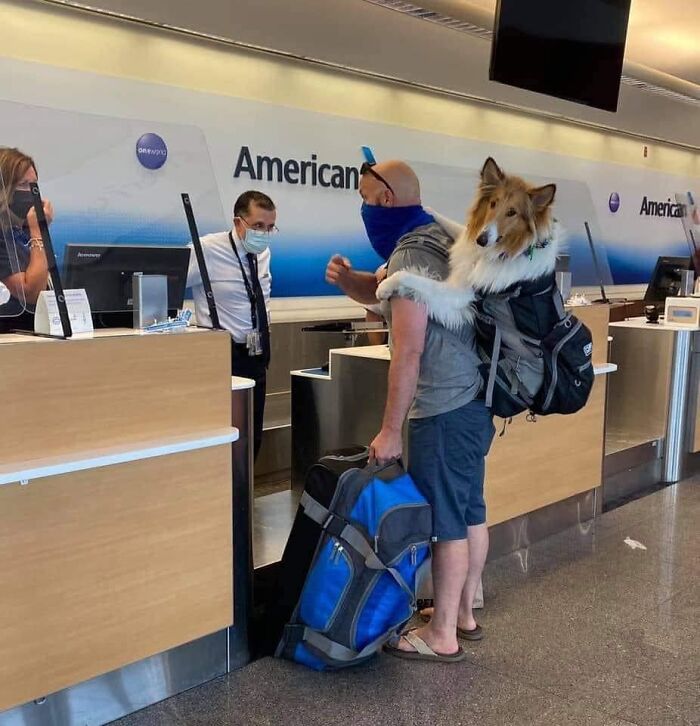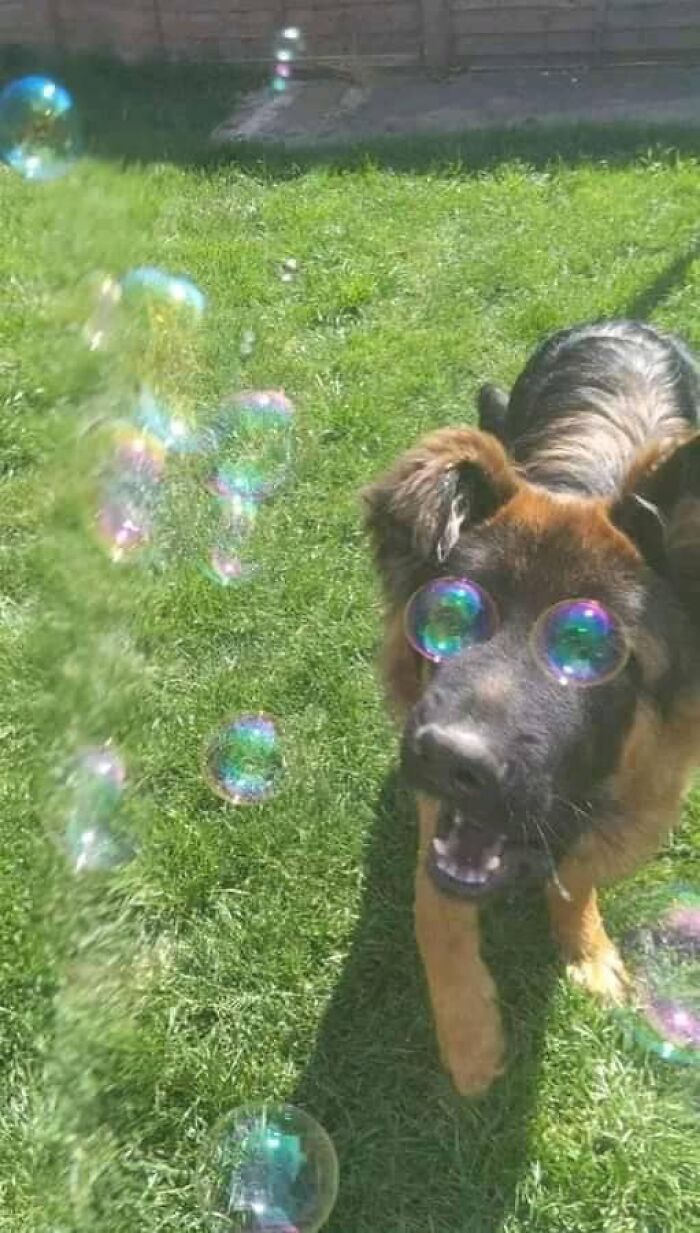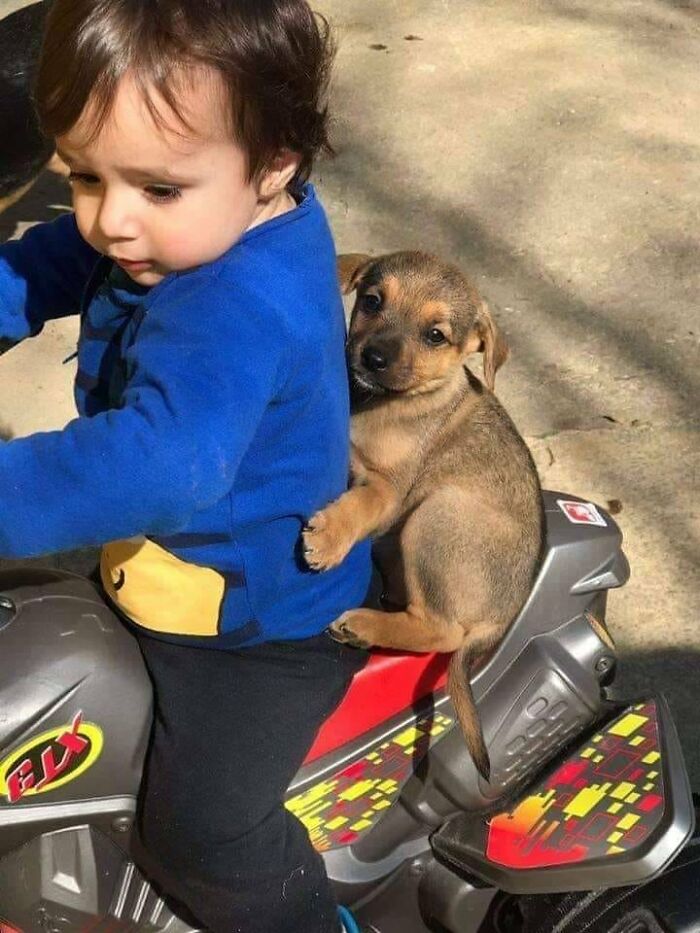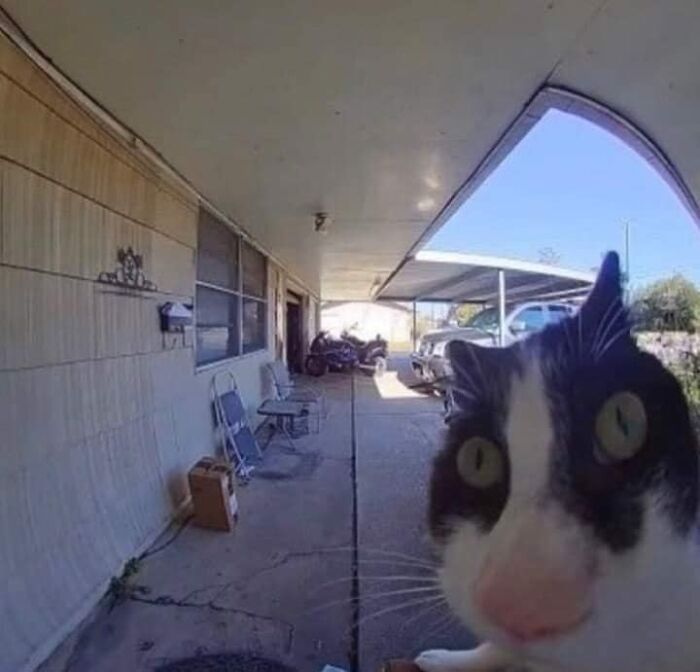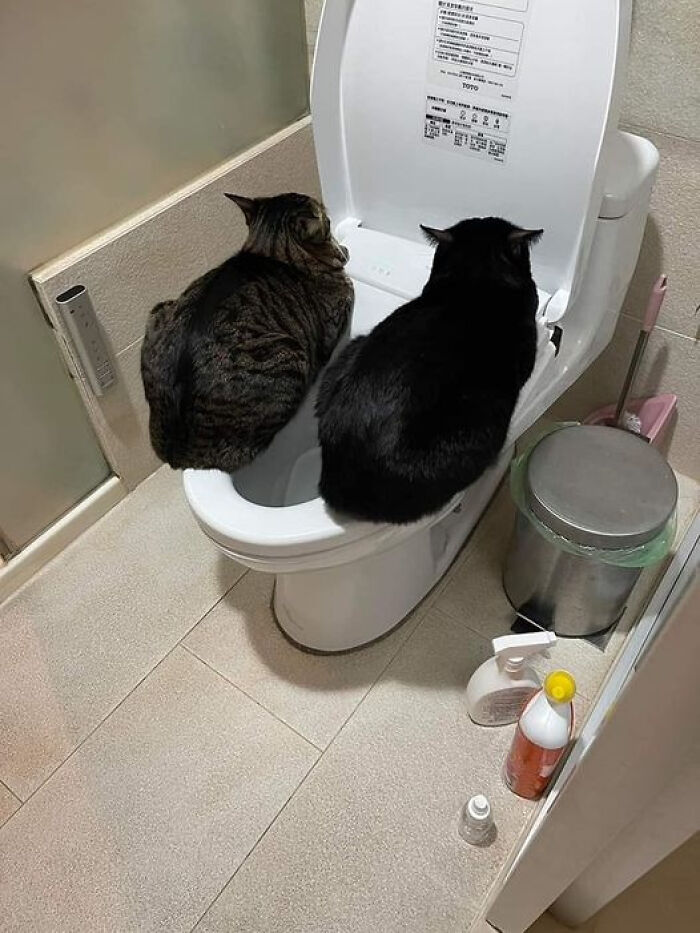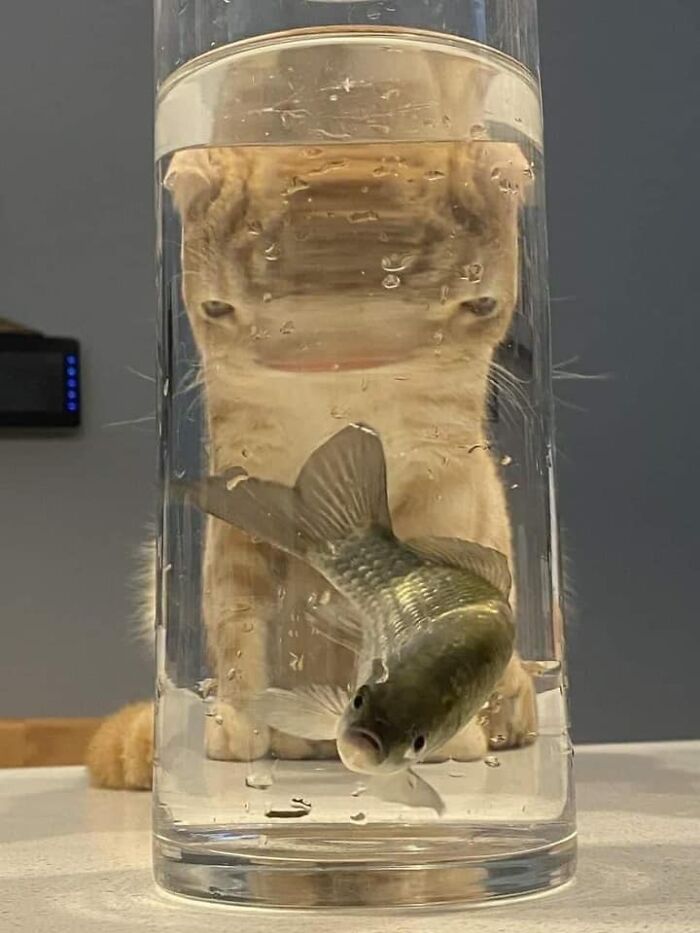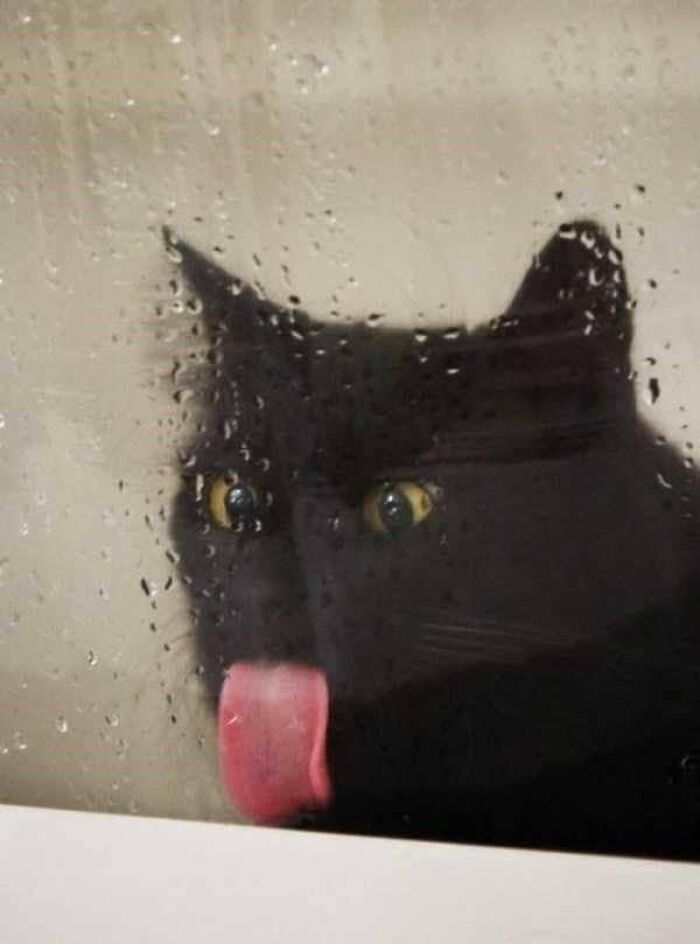
50 Times People Spotted Animals In Places They Shouldn’t Be And Just Had To Document It
Let’s take a moment to appreciate the adorable and sometimes goofy creatures that are animals. Despite their ubiquitous presence in our lives, these interesting and quirky beings never cease to amaze us. From their human-like behavior to uncontrollable zoomies, animals infuse our lives with boundless joy and enrichment.
To bring a smile to your face, we’ve collected some of the funniest pictures of our furry or feathered friends, as shared on the Facebook group called “Animals in Random Places”. While we are mostly used to seeing cats curling up in the tightest boxes or dogs striking hilarious poses, here you’ll also find random bunnies, hamsters and other lovely creatures, adding an extra touch of whimsy and amusement.
Scroll down to boost your levels of serotonin. Don’t forget to share some love by upvoting your favorite pictures and let us know your thoughts in the comments! For similar content, check out our previous articles here, here and here.
This post may include affiliate links.
Bored Panda reached out to Janet Cutler, Ph.D., a Certified Applied Animal Behaviorist (CAAB) and a Certified Professional Dog Trainer (CPDT-KA), to learn more about pets and their ways of acting. J. Cutler consults with pet owners to help them improve their relationship with their pets (you can read more about her services here). She’s also an instructor at the Ontario Veterinary College and a host and author of “The Behaviory” podcast and blog. Scroll down to read the whole interview!
Pets are known for their playful and often goofy behavior that brings joy and chuckles to their owners. These silly acts can appear cute at first. However, according to J. Cutler, while your pet may just be excited or acting silly, these behaviors can definitely be a sign that something might be up with your pet. “If your pet has a sudden change in their behavior, you should first check with your veterinarian to make sure that there isn’t a medical reason for the change.
A lot of the silly behaviors we see have been rewarded by people in the past, either with attention or praise, or possibly even treats or play.
New behaviors that are repetitive in nature, or that have signs of stress associated with them, are of concern. A behavior professional or your veterinarian can give you advice on how to approach helping your pet with these.”
Would you just leave me alone with my drink and my flamingos? I've had a hard day!
If you’re a pet owner, you might’ve encountered some behavioral challenges with your beloved animals. From incessant barking to destructive chewing, pets can exhibit behavior that may be annoying or concerning. However, with the right approach, these challenges can be effectively addressed. J. Cutler shared some common things that can cause behavior challenges in pets:
- “Training issues - basic manners and training are important for many households. Training classes can be very helpful, but there are also many resources available online to train certain behaviors.
- Accidentally rewarding behavior we don’t want - oftentimes we’ve accidentally rewarded behavior we’d prefer our pets didn’t do. For example, giving attention when your pet is whining, barking or meowing, so they continue to do that. To fix this, stop rewarding behavior you don’t want and teach an alternate behavior that they should do instead.
- Fear or anxiety - these can result in many behavior problems, from aggression to separation anxiety to barking or meowing. Simply stopping the behavior does not help to fix the problem, it’s important to work on the underlying emotion and help to change that while managing the behavior. Guidance from a professional such as a behaviorist or behavior consultant is recommended.”
The surroundings can play a big role in the way your animal feels and acts. J. Cutler shared that environment can have a huge impact on animal behavior. “Having enough mental and physical enrichment in your pets’ environment is important for their well-being. Many animals like consistency and predictability in their environment, and a lack of these can contribute to behavior problems. If there are things in the environment (sounds, visual stimuli, other people/animals) that cause fear or anxiety in your pet, that can also lead to a wide range of different behavior problems.”
Pet owners often share a special bond with their companions, trying to understand each other's needs and ensure their well-being. Since J. Cutler is a dog owner, we were curious about whether there are common misconceptions about dogs' behavior and their bond with humans that she would like to debunk. She told us that there are many common myths about dogs and their relationship with people that have been debunked but are still commonly heard. Some examples are:
- “Dogs trying to be dominant over people. Dominance theory in dogs has been debunked - dogs are not behaving in certain ways to be the alpha or dominate people around them and people do not need to act like an ‘alpha’ around their dog.
- Dogs looking guilty because they understand they did something wrong. The ‘guilty look’ in dogs has been researched, and they actually show behavior that we interpret as feeling guilty if they’re concerned they’ll get in trouble for something. It is called appeasement behavior and they do not do this because they did something or understand that it was wrong.
- Tail wagging. Dogs wagging their tails can have many meanings, but it does not necessarily mean they’re happy. Many times dogs do wag their tails because they’re happy, but it can also be due to high arousal, fear, uncertainty, and more.”
Finally someone who understood the real reason this compartment exists
He's looking like a little rock star and he does not know it at all
'Whatta ya mean; limit reached? Really gotta hold back on the catnip and fried chicken next month...'

 Dark Mode
Dark Mode  No fees, cancel anytime
No fees, cancel anytime 











